Most people tend to grossly overvalue their possessions for Bankruptcy valuation purposes. It’s not how much you paid for them. It’s not how much you would have to spend to buy new or replace them. Nor is it what someone has listed similar items for in the paper or online. (Bear in mind, asking price often has little to do with what someone is willing to pay for an item). So how do you make an honest estimate of value?
Age has a lot to do with it for most people. Condition of course is relevant also.
For example:
Take a couple that has been married for 20+ years. They had some “starter” furniture given to them when they first got married and they have bought a piece here and there along the way. They had three children, four cats and two dogs over the years. The cats sharpened their claws on the backs of the furniture, the dogs pee’d on the oriental rug, and the kids ran their bikes into the TV cabinet and broke a door off the bookcase cabinet. Now what do you think it’s all worth?
A debtor has to use the above model and adjust their situation realistically. In short, while our possessions seem priceless to us (because they are part of our lives and precious memories), in reality the value is in the eye of what a potential buyer would be willing to pay for the same items.
Ask yourself, what would I pay for 10-20 year old furniture if I was looking to buy it? (Even if you just recently purchased your furniture, remember, as soon as they took it off the truck and into your house, it became used furniture and is lucky to still be worth 1/3 of what you paid for it retail).
Is it what I could get if I had an auction?
Is it what I could get if I had a garage sale?
Is it what I would be willing to pay for new furniture?
Looking at it realistically, usually our “treasures” are only “treasures” to ourselves. Be accurate and reasonable in listing values when filling out your personal property forms, but don’t handicap yourself either. Talking to an experienced Bankruptcy attorney can make the difference between successfully completing a Bankruptcy Plan or ending up with a disastrous failure.


